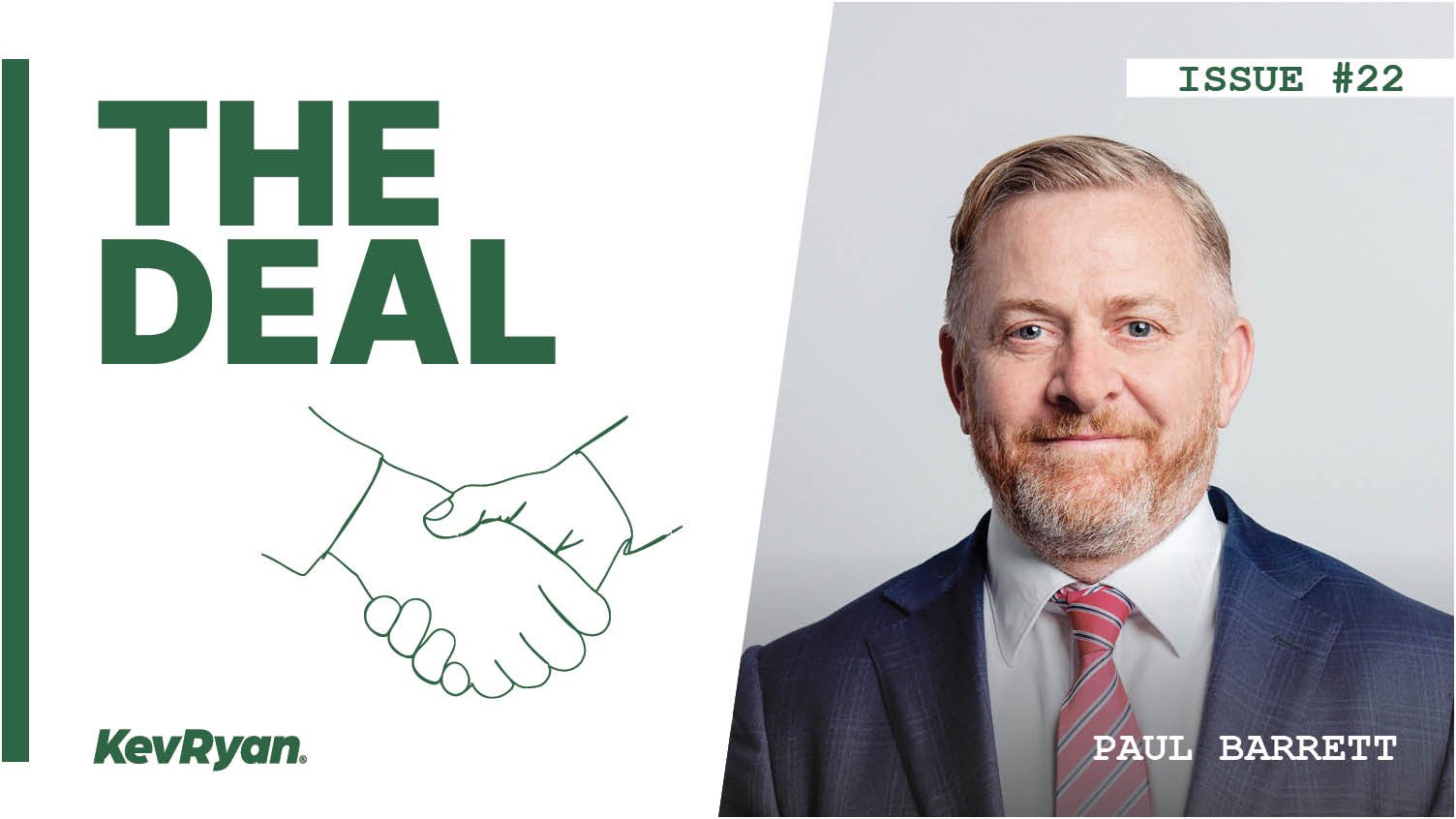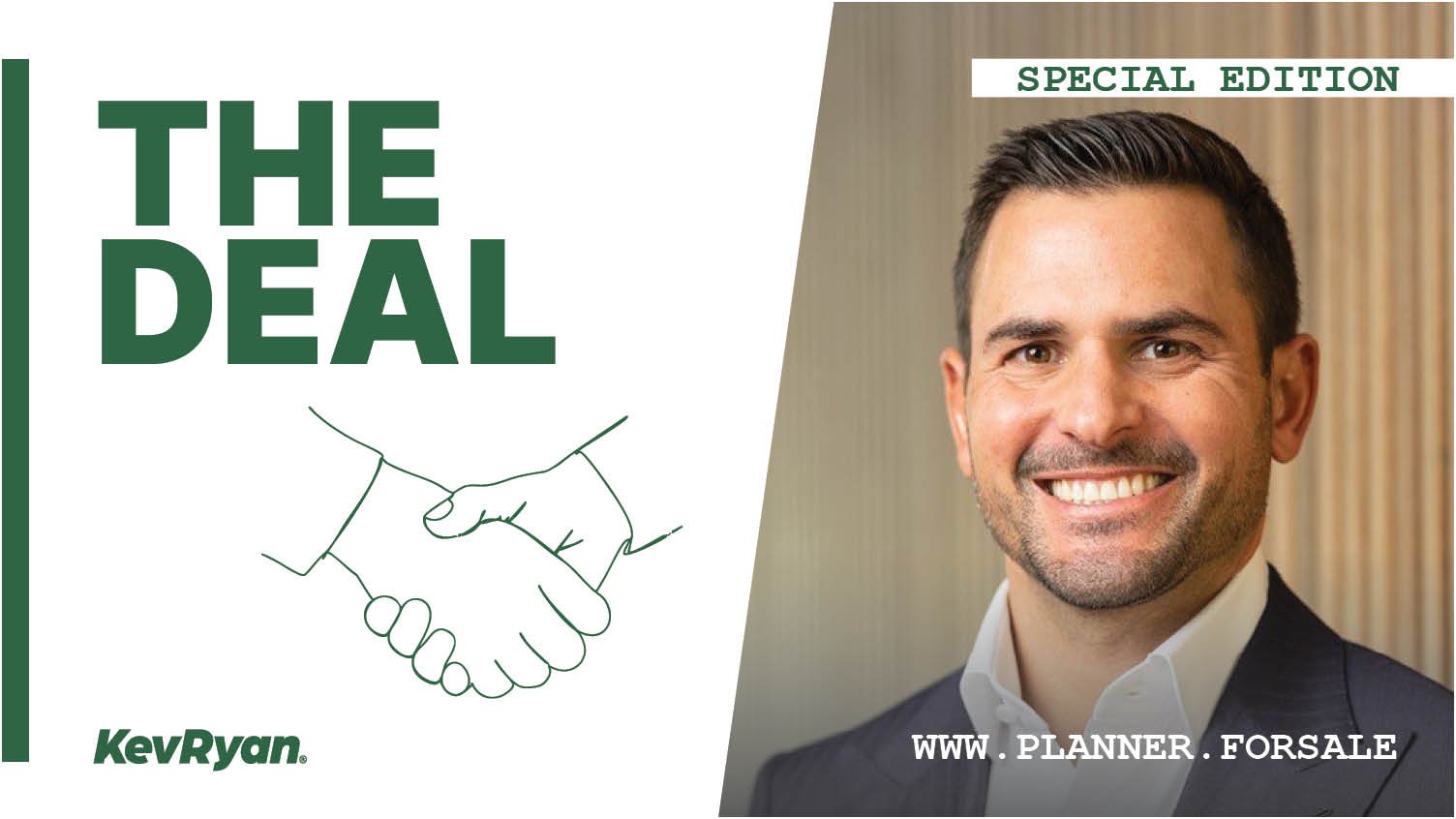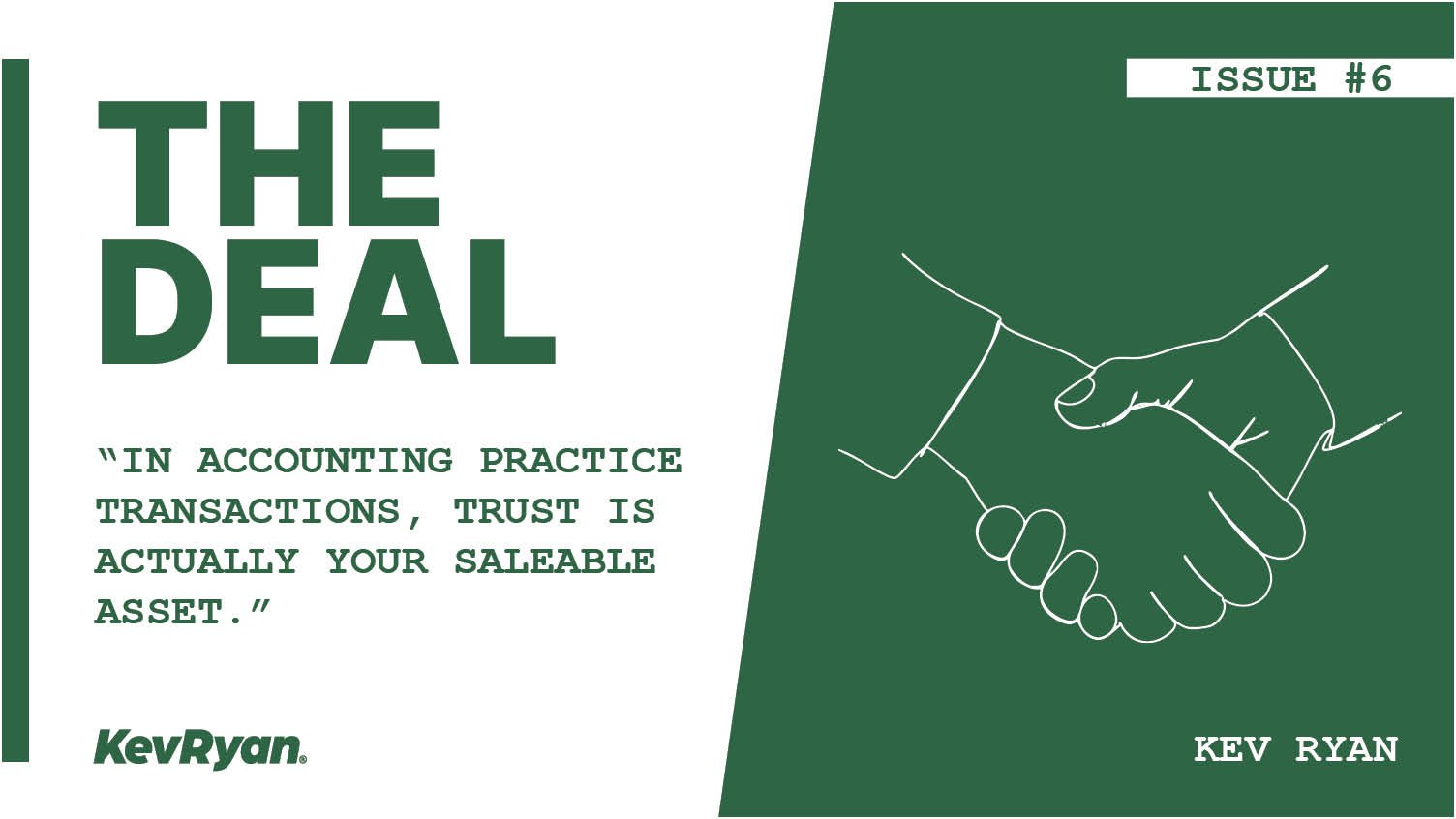The big players are long gone together with acquisitions for the sake of it, says one specialist, but AI could be a driving force behind future M&A.

A spate of mergers and acquisitions in the accounting industry shows the dynamics around consolidation have changed dramatically since the pandemic and technology has become a wildcard with unknown effects, according to one expert.
Merger and acquisitions specialist Kev Ryan, the principal of an eponymous firm in Queensland, said some businesses like Carbon Group and Kelly Partners had an M&A philosophy and vision, but big players with millions to spend had been absent for years.
Instead, four factors were driving consolidation: economics, succession, the talent shortage and wanting to be part of a team in the wake of COVID-19.
“There's always been the older guys looking for a bit of a succession outcome – there's always people trying to cash in from an economic point of view,” he said.
“But over the last couple of years, the M&A activities have been around sole practitioners not wanting to be alone any more. What I see now is since Covid, burnout has taken effect. And people are going, ‘I don't have to be the general. I'm happy to hitch my wagon to a bigger bus, so that not all roads lead to me’.”
The attitude of sole practitioners had changed and they were now happy to trade some independence for an improved lifestyle and “reward from the actual work”.
He said the days of doing a deal for the sake of it were gone and the parties had to answer key analytic and strategic questions.
“Why are these parties coming together? What are we solving for? What are the opportunities we can seize if we're together? What are the efficiencies we can achieve if we're together?
One of Ryan’s clients, Carbon Group has a declared “aggressive growth strategy” by acquisition and this week Brisbane minnow Integrity Wealth became its sixth takeover this year, almost tripling its headcount in the process.
Also this week Moore Australia took over boutique Perth practice Quay Associates, which managing partner David Tomasi described as “another key step in our growth strategy” following the addition of Geelong-based Proadvice in July.
He said a key factor in many mergers was the talent drought.
“The number one thing they're solving for there is the staffing issue. That's been really ratcheted up in the reasons why these firms are looking to transact.”
Mr Ryan said one thing stayed the same in M&A: it was a seller’s market. However, technology injected a wildcard into what would drive mergers in future.
“We're scratching our heads around AI, robotic process learning, the manufacturing of compliance – which is what this industry is at its core. What does this look like for the smaller suburban firm that doesn't keep pace? Is there a blockbuster moment on the horizon? It's fascinating. None of us seem to have all the answers to that just yet.”
“What does technology do for the valuation of firms? Is it an opportunity for the early adopters to pick up renovator dreams? Do those ordinary accounting businesses become more attractive because you can grab them and supercharge profits if you’re across the technology?
“So it's either going to be a benefit for M&A, or it could be a killer.”
He said “every owner of an accounting business wanted to do it their own way” but the days of the small operator were far from gone.
“The barriers to entry here are minimal. So if you’re a senior at BDO earning not much money from people you don't really respect or like, you can get a tax agent number, a laptop and a Xero subscription and probably make the same money at home in your boardshorts over three days a week – the micro-businesses are always going to be there.”
“You'll always have an industry of varying speeds and sizes of firms.”
He said those who correctly read the opportunities in tech and seized the opportunity could rapidly rise to prominence.
“There are some smart cookies having a real think about the tech, the AI, and having to club up together because they're all going to run off and spend millions individually but if they pool their resources, get ahead of it and check their egos at the door, you might see some really savvy $50 million to $100 million dollar firms pop up pretty quickly.”
“If you can get savvy 30-year-olds to pool their resources, which I’m starting to see now, you'll have dynamic firms servicing kids of the Boomers where the mid-tier and Big 4 just aren't attractive.”
MORE ISSUES
When Andrea Pearce contacted Kev Ryan desperate to sell her business, a remarkable journey of reinvention began.
Employee entitlements and consultation are often overlooked during a deal, giving rise to numerous issues. Fortunately, says employment relations specialist Rachael Smith, getting it right is easier than you think.
Once an accounting firm has client engagement sorted, and preferably automated, the business becomes more profitable and easier to sell.
If you own your practice, proactive estate planning can enhance your legacy, support your loved ones and protect your staff.
The sale of an accounting firm requires careful planning and strategy. Transaction advisor Kev Ryan shares his insight into the essential ingredients for sale success.
For a successful strategic partnership after a merger, flawless due diligence and complete cultural alignment are essential.
Many think the biggest challenge in selling an accounting business will be in haggling over the price. But agreeing value, Kev Ryan says, is the easy part.
When the demands of his accounting business became overwhelming, Maurice Sucevic found a way to continue doing what he loved, without all the admin.
With a significant number of accounting firm owners looking towards a well-deserved retirement over the next decade, the industry will see an increasing number of mid-tier practices in the mergers & acquisition market.
Hartnett & Co’s significant client portfolio appealed to Progression Group, aligning with their areas of expertise and presenting a strategic opportunity to expand their client base and enhance efficiencies.
The journey towards the partnership with Carbon Group started from the realisation that as successful as MG Partners was, Mike and George needed to have a succession plan in place.
There are over 37,400 accounting businesses in Australia, according to IBIS World. The majority are small to medium enterprises (SMEs).
Each February, Australia Day sees the summer break come to an end and with school recommencing, Accountants that have been considering the year ahead start calling my office.
Accounting firms, known for their meticulous number-crunching skills, often find themselves embroiled in complex staffing issues when it comes to mergers and acquisitions.
As the year comes to an end, I thought this December Issue of The Deal could cover a recap of the year’s transactions
Malcolm had been working in his firm for over 20 years and business had plateaued. He wanted to expand but didn’t have the time, capacity, or resources.
A spate of mergers and acquisitions in the accounting industry shows the dynamics around consolidation have changed dramatically since the pandemic.
A spate of mergers and acquisitions in the accounting industry shows the dynamics around consolidation have changed dramatically since the pandemic.
In the dynamic world of business, growth strategies play a defining role in achieving long-term success.
TC & Co Consulting is a Sunshine Coast based accounting firm that Kev Ryan helped progress to the next level through a business sale process with the Gild Group.
Last month, I was fortunate enough to be invited to speak with the CPAs Sunshine Coast discussion group on the topic of Accounting Practice M&A.
Have you ever found yourself wondering “what’s next”?
“This is way harder than it used to be.”
“This isn’t my job is it?” …
It is with great pleasure I introduce www.Planner.forsale and our launch marquee Buy Side client Nick Reilly of Inovayt Wealth.
Kevin Scambler wanted a partner he could trust that would ultimately buy him out. Andrew Burness was looking to become more invested, building something that would advance his career.
A lawyer’s role is to protect the legal interests of their client. Schooled in spotting problems, and often risk averse themselves, lawyers naturally seek to minimise risks to their clients.
There are a lot of accounting industry participants who at some stage in their careers have either experienced or know a someone who has experienced, the good old dangling of the “Partnership” carrot.
Gary wanted to provide consistent outstanding service in his accounting business. This meant making strategic decisions about other interests consuming his time and energy.
When selling your accounting business, you really have only one job to do... get your clients to simply keep doing what they've always done, trust you!
Michael wanted a change in the direction of his firm and his lifestyle, but he didn’t know what that looked like.





























